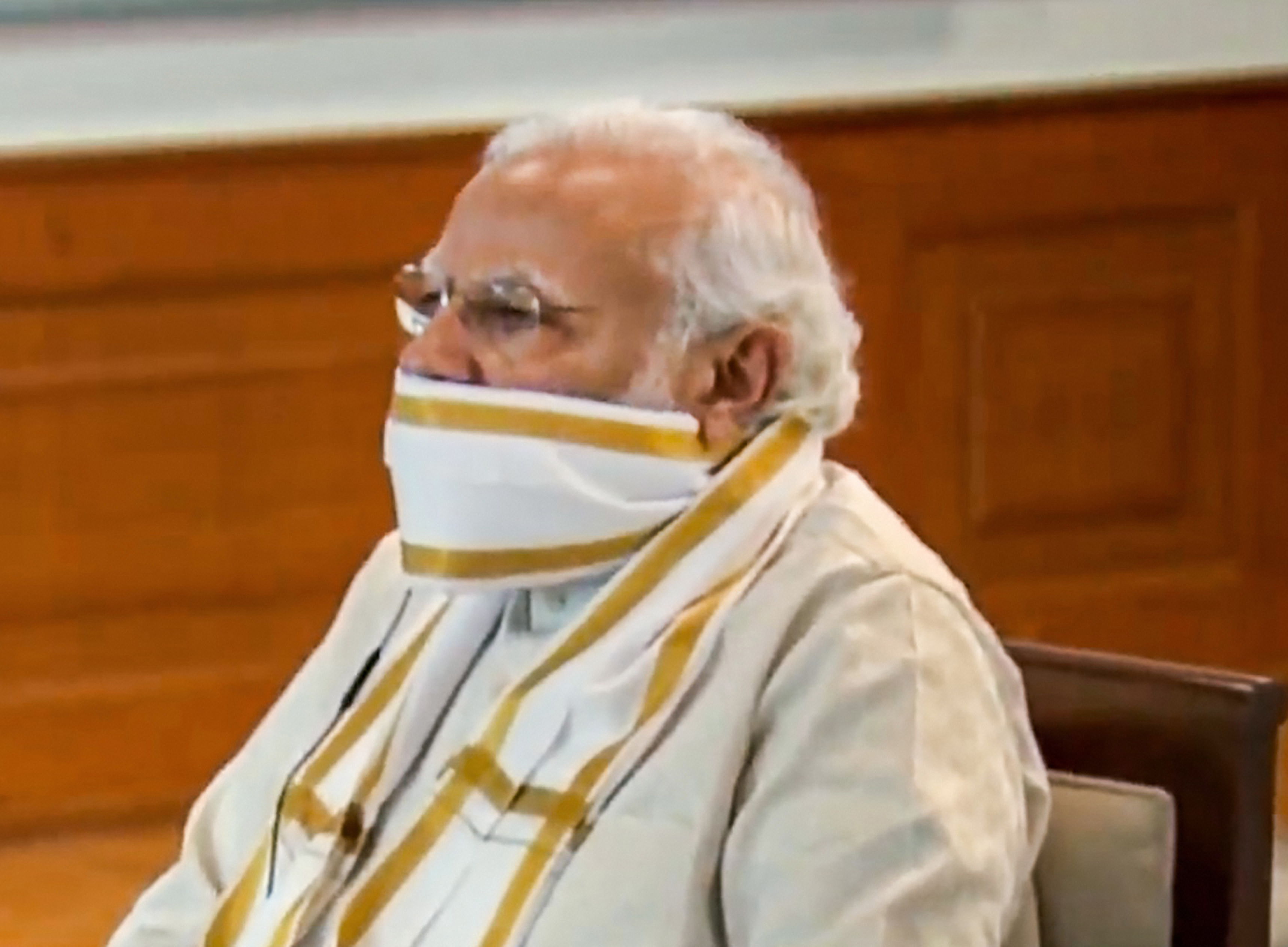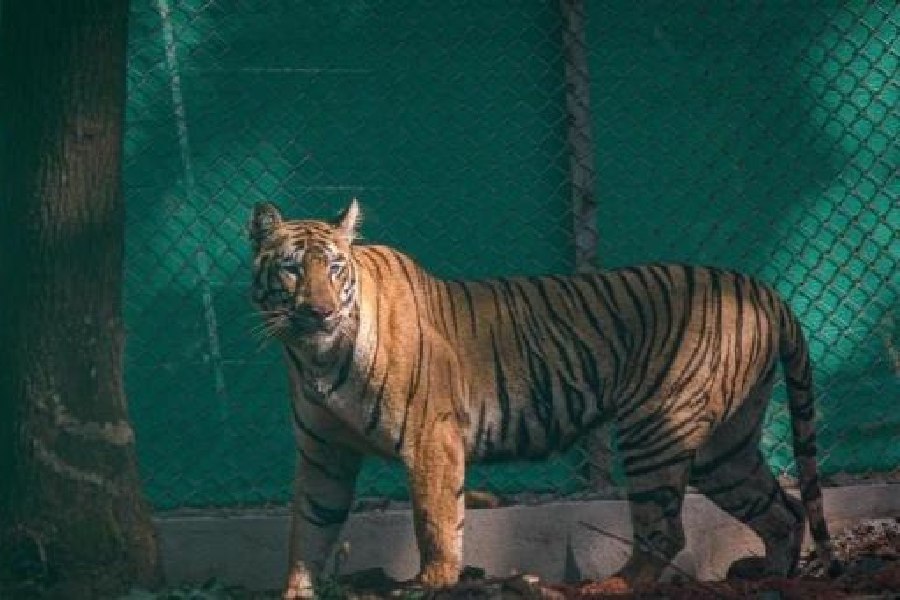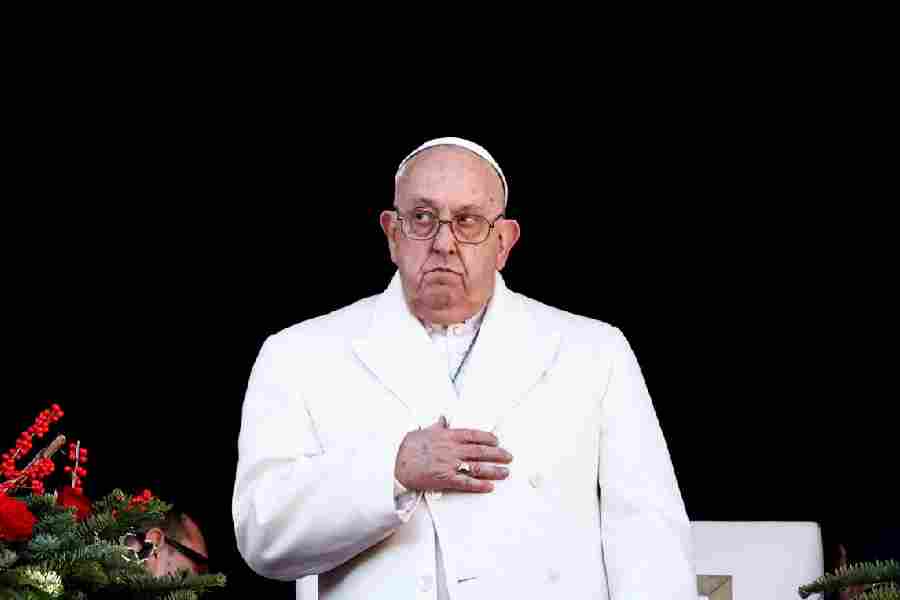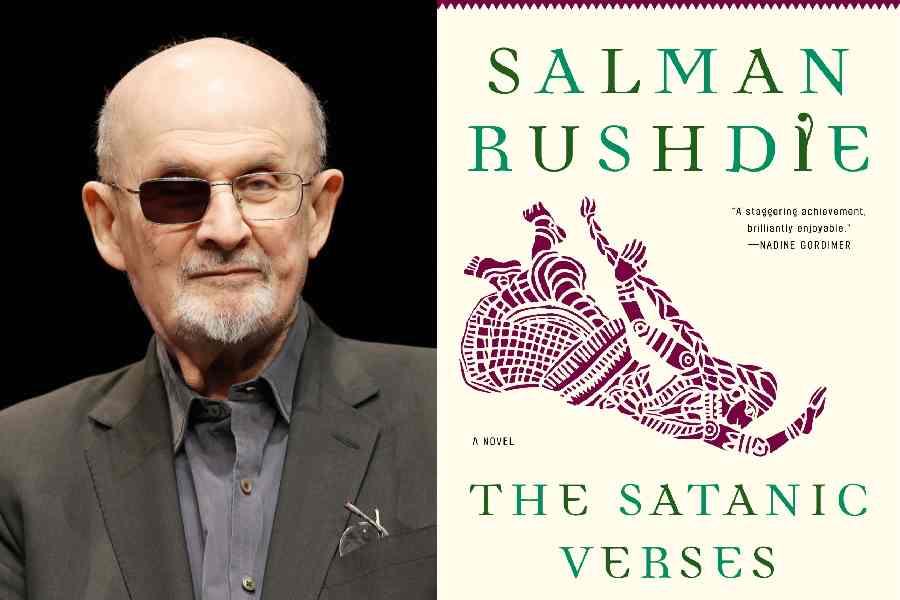“Ask not what your country can do for you — ask what you can do for your country”.
John F. Kennedy said these words during his presidential address in 1961. Kennedy’s call for civic action and public service were meant to embolden participatory democracy. The idea of summoning citizens to step forward for national service is, however, assuming a different complexion in India under the leadership of Narendra Modi. Using his rhetorical prowess and the cult of personality, Modi has ingeniously inverted the paradigm of accountability that is supposed to scrutinize the role of the government during the ongoing Covid-19 pandemic.
During demonetization, the prime minister had urged Indians to comply with his controversial measure. He made the exercise less about the effectiveness of his management and more about the scale of reciprocation from the common man. This strategy has been repeated successfully in recent times. The donations made to the PM-Cares fund or the candles lit by obliging citizens has helped deflect public attention from other issues such as the critical shortages in the healthcare sector and the plight of migrant workers.
During his pronouncements to fellow Indians, Modi rarely commits to tangible governmental interventions, resorting, instead, to platitudes and the designing of specific entreaties for the rest of the country — the thaali-beating being one example. This has prevented the exposure of the government’s numerous failures, reflected in poor testing rates, insufficient relief packages, deficient planning in the implementation of the lockdown as well as the inability to bail out vulnerable segments of the population. Furthermore, by framing every instance of hardship that stems directly from myopic governance as a sacrifice for the motherland, Modi has managed to create a culture where the average Indian feels not only invested in, but also responsible for, the national effort. The chronology is as follows: Modi identifies a problem; Modi appeals for mass assistance; if the problem worsens, he appeals for even greater assistance, thereby transforming governmental obligations into a patriotic duty while simultaneously removing himself from the framework of responsibility and placing the citizen at the centre of it. Modi’s well-crafted call for assistance implies that any chastisement of the government becomes an indirect criticism, whitewashing the principle of accountability in the process. The tables are thus turned. The very people who are victims of governmental failures are lured in and transformed into willing participants. The fault for failing to tackle a crisis satisfactorily no longer rests with the prime minister and his administration, but is distributed among the people.
If India is to make the prime minister and his government accountable, a nation mesmerized by Modi must find ways to challenge this insidious inversion of culpability. This would involve the collective realization that Modi’s emotional appeals are nothing more than a hollow populist device, and that meaningful tactics for mitigation require greater debate and scrutiny. Asking the right questions and exerting the requisite pressure on the government to improve its response to the Covid-19 crisis can guide India to safety.











